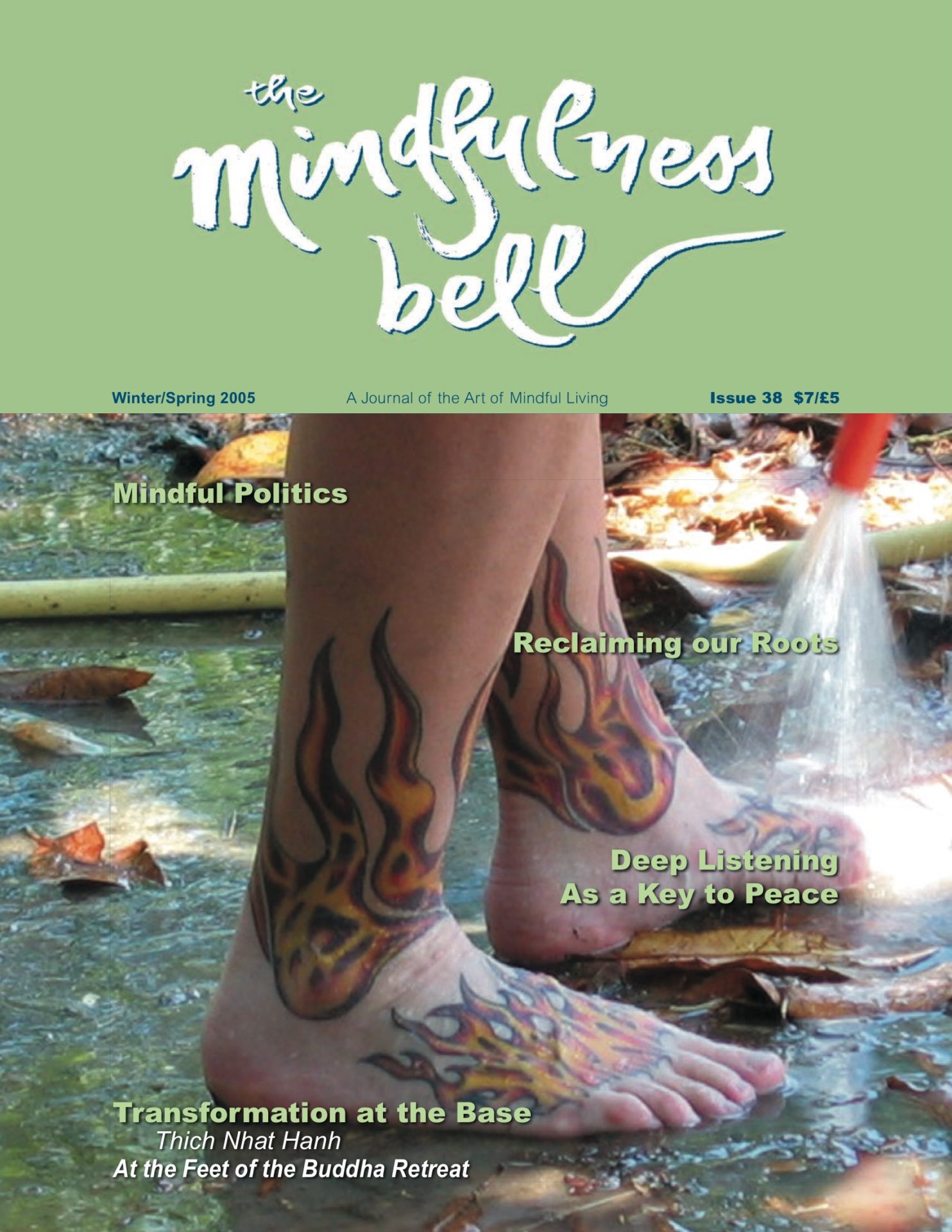
By Connie Nash
For years, I’ve been hearing and reading about parents –– mostly struggling mothers and other family members –– talk about their beloved children or loved ones who have ended up behind bars. There are all kinds of reasons given for the arrests and imprisonments along with, in some cases, a parent’s confidence his or her child could not be guilty. Some of the unfortunate were in the wrong place at the wrong time;

By Connie Nash
For years, I’ve been hearing and reading about parents –– mostly struggling mothers and other family members –– talk about their beloved children or loved ones who have ended up behind bars. There are all kinds of reasons given for the arrests and imprisonments along with, in some cases, a parent’s confidence his or her child could not be guilty. Some of the unfortunate were in the wrong place at the wrong time; some had committed an awful act under the influence of drunkenness, drug use, despair, guilt, or in a moment of terrible anger. Some were in prison for an act due to post-traumatic stress from fighting America’s terrible wars in Vietnam or Iraq I.
Several years ago I was attending the National Coalition Against the Death Penalty and was listening deeply to a sister of a death row prisoner whose DNA test proved him innocent of the crime he was convicted of, yet he was still not free. Her life was filled with many complications because of this difficult situation. Although I’d been a friend to family members of inmates for years, all at once it struck me deeply that these same events could occur to anyone, even to my family.
My husband and I adopted three magnificent sons who were fourteen, eight, and four years old when they entered our family. The two oldest had experienced disrupted lives filled with poverty, violence, and loss of parents and friends in Africa, followed by many adjustments to life in the southern United States. The youngest had experienced seven different homes and all manner of other abuses in his early youth. We also have a lovely daughter with an artistic temperament. Whenever I would bring up my concern about how our children would succeed in life, my husband would give me all the reasons our kids would survive unscathed. He made it clear he didn’t think our children had special needs.
Listening at this conference brought up my deep fears and panic about my children’s future, and I began crying. At some point I found myself receiving the balm of deep comfort I had been needing for years from a human rights activist I barely knew. This man just stood there in front of me, completely tuned in, unrushed, undistracted, listening so well. My concerns became his for those few precious moments. His eyes seemed to reflect not only my words but my heart’s agony. He seemed able to feel what I couldn’t articulate. As he listened, I could feel my despair slipping away. It felt like magic.
After I calmed down, he shared that his mother was the inspiration for his deep dedication to human rights and the plight of so many behind bars. Then he expressed confidence that my own mothering would help bring about fruit in each of my children, to help them survive no matter what came their way. He offered me a comforting and healing embrace before we each went our way.
I still wonder often, what will become of all our children, particularly those who are traumatized? Yet, because of those few moments with someone so adept and willing, I am less frightened than I’ve been in years. That experience continues to water my faith and encourages me to work hard for the well-being of all children.
I know many who carry deep pain and are afraid to let it out for fear there would be no stopping the tears. Yet I know that I now have greater empathy and strength for my suffering friends, because my own agonizing fears were expressed and heard.
How many more sons and daughters might we raise who do not turn from fear and pain? Mothering –– even with my four children now out of the nest –– has become ever more urgent and important to me. My desire for a just peace has become my very sustenance, as has my need to work for healing, the abolition of the death penalty, and the ceasing of all war. Not least among that which strengthens me is the power of a few moments of communion, and of feeling truly heard.
Connie Nash is relocating to Asheville, North Carolina. As a disciple of Christ, she has been enriched by the teachings of Thay Thich Nhat Hanh and the deep listening of practitioners.

